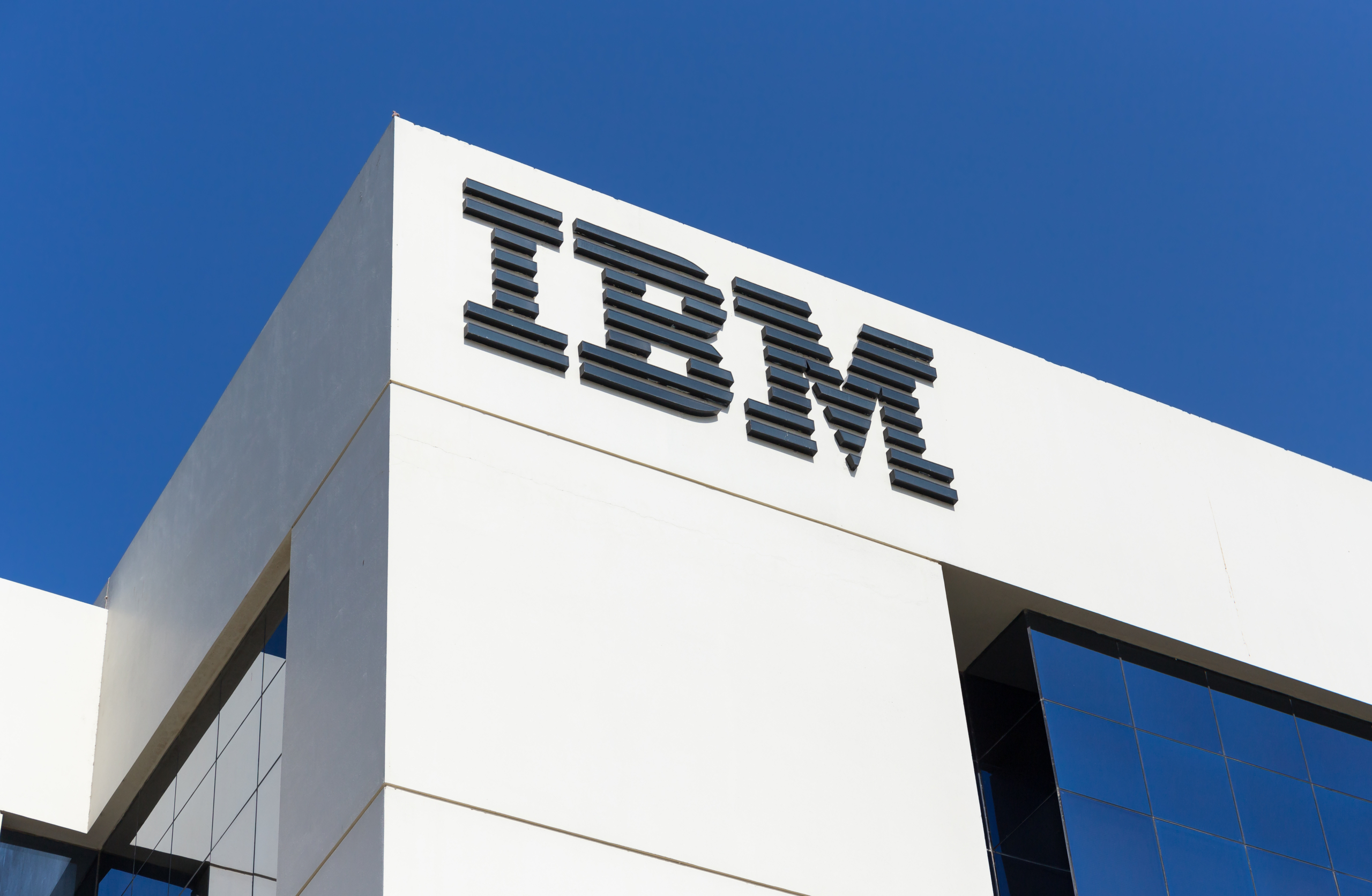IBM Shareholders Seek Transparency about Workplace Harassment and Discrimination

FOR IMMEDIATE RELEASE
Media Contact: Molly Betournay, 802-526-2525, [email protected]
Norwich, VT (November 8, 2021) –Clean Yield Asset Management has filed a shareholder proposal asking IBM to disclose the potential risks to the company associated with its use of concealment clauses in the context of harassment, discrimination and other unlawful acts.
In its proposal, Clean Yield states that “IBM wisely uses concealment clauses in employment agreements to protect corporate information, such as intellectual capital and trade secrets. However, IBM has not excluded from these clauses their workers’ rights to speak openly about harassment, discrimination and other unlawful acts. Given this, investors cannot be confident in their knowledge of IBM’s workplace culture.”
In recent years, the risks related to use of concealment clauses have become increasingly apparent. Clean Yield has engaged with numerous companies regarding use of forced arbitration and other employment clauses that can be used to mask workplace harassment and discrimination. The firm was instrumental in Wells Fargo’s decision to end use of mandatory arbitration in future sexual harassment claims in 2020.
The proposal is submitted for consideration at the next IBM annual meeting, expected to be held in the spring 2022.
Clean Yield Asset Management is a registered investment advisor based in Norwich, Vermont. Clean Yield focuses exclusively on socially responsible asset management, offering clients customized portfolios and the opportunity to invest in high-social-impact vehicles.
More News & Insights
A New Kind of Meat
Through Clean Yield’s U.S. Sustainable Investment Forum membership, Liz Levy attended a meeting to gain insights on the emerging cultivated meat industry.
Stock Profile: SoFi Technologies
SoFi Technologies, originally named Social Finance, Inc., by its founders, contributes positively to financial inclusion and social well-being by expanding access to affordable financial services through its digital-first platform.
Quarterly Market Outlook: January 2026
As we enter Q1 2026, Clean Yield’s Liz Levy provides a review of what happened in Q4 2025, what we are watching this coming quarter, and how we are positioning our clients for success.


